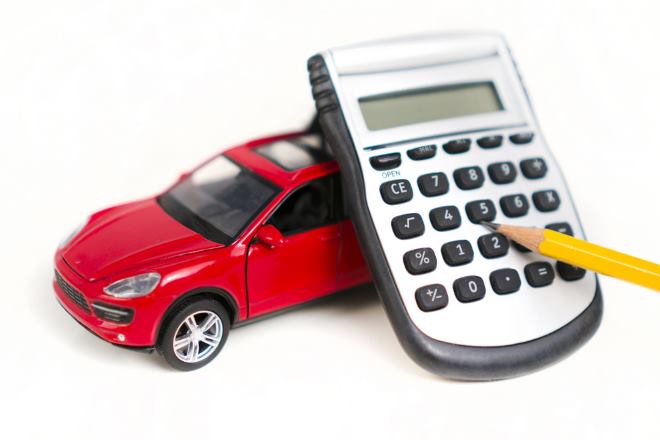Snagging Deals: The Ultimate Guide to Buying Repossessed Cars
Repossessed cars, often referred to as repo cars, are vehicles taken back by the lender when the borrower fails to make the required payments. These cars are then sold to recover the remaining loan balance. For savvy buyers, repossessed cars can present an opportunity to purchase a vehicle at a reduced price. Here's everything you need to know about buying repossessed cars for sale.

Budget-Friendly Car Deals: Understanding the Savings
Repossessed vehicles typically sell for 20-40% below their market value, making them attractive options for cost-conscious buyers. The significant price reduction occurs because lenders prioritize quick liquidation over maximum profit. However, these savings come with trade-offs, including limited warranties, potential mechanical issues, and the inability to thoroughly inspect vehicles before purchase. While the initial purchase price may be lower, buyers should budget for potential repairs and maintenance costs that weren’t disclosed during the sale process.
Repo Cars Explained: The Repossession Process
Vehicle repossession occurs when borrowers fall behind on loan payments, typically after 60-90 days of delinquency. Lenders hire repossession agents to reclaim the vehicles, which are then stored in secure lots until sale. The entire process from repossession to sale usually takes 30-60 days, depending on state laws and lender policies. Former owners may have redemption rights during this period, allowing them to reclaim their vehicles by paying outstanding debts. Once these rights expire, vehicles enter the resale market through various channels.
Diverse Vehicle Selection: What’s Available
Repossessed car inventories include virtually every make, model, and vehicle type, from economy cars to luxury vehicles and commercial trucks. The selection constantly changes based on regional economic conditions, seasonal factors, and lending patterns. Luxury vehicles and newer models often appear in areas with higher average incomes, while working-class neighborhoods may yield more practical, everyday vehicles. Inventory turnover is typically high, with new vehicles arriving weekly and popular models selling quickly.
Quick Purchase Options: Where to Buy
Several channels offer repossessed vehicles, each with distinct advantages and processes. Public auctions provide the widest selection but require cash payments and immediate vehicle removal. Online auction platforms have expanded access but limit physical inspections. Some dealers specialize in repo vehicles, offering financing options and limited warranties. Government surplus auctions occasionally feature repossessed vehicles from law enforcement agencies. Each venue has specific registration requirements, payment terms, and bidding procedures that buyers must understand before participating.
Bank and Credit Union Sales: Financial Institution Offerings
Many banks and credit unions sell repossessed vehicles directly to consumers, often providing more transparent processes than traditional auctions. These institutions may offer financing options, basic vehicle histories, and clearer title transfers. Credit unions, in particular, sometimes provide member discounts or extended inspection periods. Some financial institutions partner with specific dealerships to handle their repo sales, combining institutional backing with professional automotive expertise.
| Institution Type | Average Discount | Financing Available | Inspection Period |
|---|---|---|---|
| Banks | 25-35% below market | Often available | 1-2 days |
| Credit Unions | 30-40% below market | Members only | 2-3 days |
| Public Auctions | 20-45% below market | Cash only | Day of sale |
| Online Platforms | 25-40% below market | Varies by platform | Virtual only |
Prices, rates, or cost estimates mentioned in this article are based on the latest available information but may change over time. Independent research is advised before making financial decisions.
Important Considerations Before Buying
Purchasing repossessed vehicles requires careful preparation and realistic expectations. Most sales are final with no returns or warranties, making thorough research essential. Buyers should obtain vehicle history reports when possible, though repo cars may have incomplete maintenance records. Budget beyond the purchase price for immediate repairs, registration fees, and potential title issues. Consider transportation logistics, as many sales require immediate vehicle removal. Some states require specific documentation or waiting periods before title transfer, which can complicate the purchase process.
Successful repo car purchases depend on understanding market values, setting firm budget limits, and accepting the inherent risks involved. While significant savings are possible, buyers must balance potential financial benefits against the uncertainty of purchasing vehicles with unknown maintenance histories and limited recourse for problems discovered after sale.




